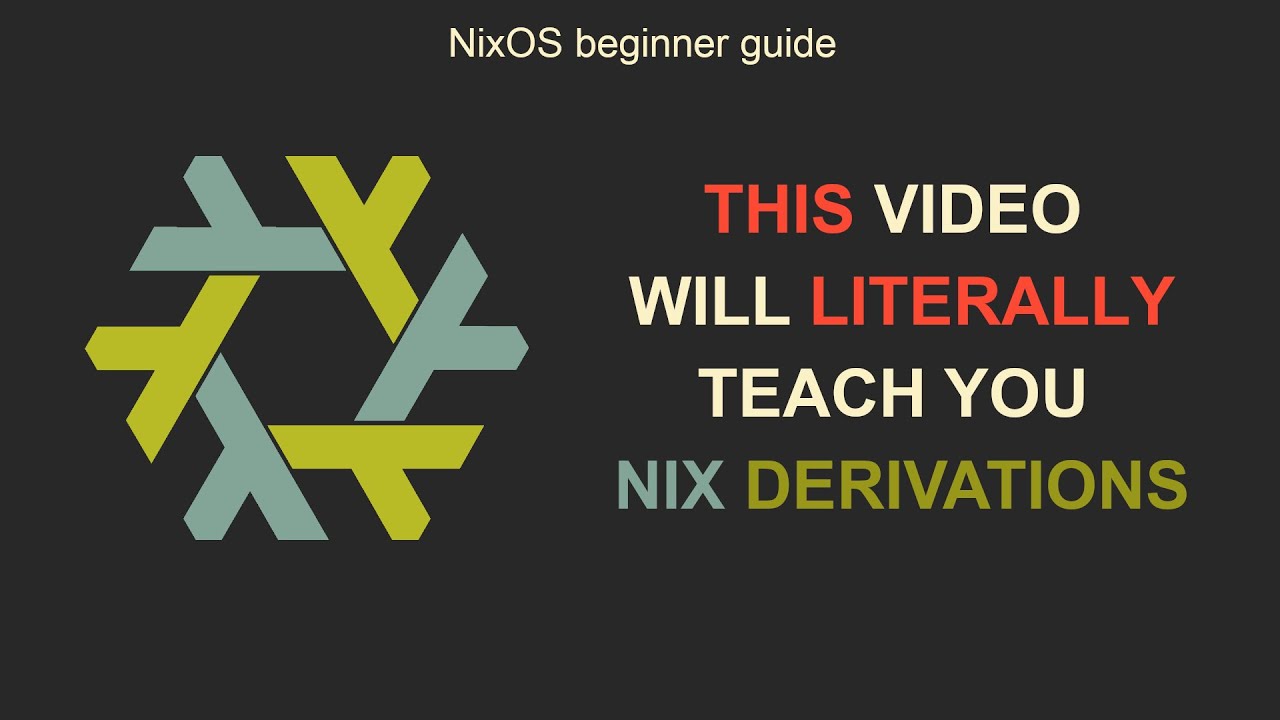The Setting:
In this corner of the internet, we have a lot of Real Engineers™ who will learn a new language if its the right tool for the job. Anyone else would never stick with nix long enough to see the light. So that’s like, a bias we have. Most days, I consider myself a Real Engineer.
But there’s a whole world out there (most notably Science, Finance, and “Data” if that can be called a sector–where I work we think so). A world where code is not king, but instead is just a minor noble. No matter how good it would be for them, they’re never going to learn Haskell. For better or worse, Python is perceived as “good enough”. And you know, it used to be Microsoft Excel that was “good enough”, so perhaps we should be proud of them.
Python is home for me. Its packaging system is an imperative mess, but I still like writing it. Also, I’m a bit tired of writing code that solves code problems which solves code problems which… I want to be nearer a real problem. So my current focus is to find a way to be a bridge between these worlds. How can I help the people for whom Python is good enough, particularly ones that are solving Real Problems™?
Finally, one last bit of context: the threat landscape. The bad guys are getting better and better at being bad. The good guys are getting better too, but not as quickly. That imperative mess that is the python packaging landscape is a great big rug under which people sweep packaging complexity and never look at it again. It’s full of opportunities to bundle malware into otherwise useful packages and not get caught for a good long time.
Us Real Engineers, we’ll be fine. But the others… they brought an umbrella when they needed a tent. The mosquitos are coming and they’re going to be eaten alive–I want to help them. So that’s me (before I got stuck). Perhaps arrogantly, I was going to be the hero that Python needed. I was going to learn nix so well that I could build a bridge for them to someplace safer. (That’s also how I get motivated, if I can’t convince myself that I’m saving the world, I have a hard time getting started.)
The Stuck Part:
I convinced my colleagues to let me maintain a flake.nix in my work repo–it’s not like they have to use it. And for a while it was going well. I found bugs involving dependency on different versions of grep, and other such things. I was making a good case for nix. People would encounter problems that I didn’t have because they invoked homebrew in the wrong way or whatever.
But I never got that flake to look good enough to present to the company in a “we should do this everywhere” kind of way. Two things prevent it:
A seasoned nix user would just avoid these tools, but the people I’m trying to convince that they need nix… they’re not seasoned nix users. If I want to convince them, I need to make these two work.
The Cherry on Top:
While attempting to fix the second bug listed above, I reached out to the package maintainer and asked for some guidance. The way I saw it, I was helping bring his work to a wider audience, I was helping him out. He politely said:
No. I don’t recommend using nix.
I’m not trying to call him out here. He was well within his rights to say no. I can’t fault him for disagreeing with me about how cool nix is. That’s fine. But where I was in my journey, it sounded like:
we don’t want to be saved, thanks
He’s not exactly Guido Van Rossum, but he’s a stronger voice in the Python community than I am. His package is incredibly popular. Maybe he’s right, maybe I’m barking up the wrong tree.
Plus it’s kind of eerie that I broke this incredibly popular package in nixpkgs and haven’t gotten much noise on that issue. It’s got me feeling like I’ve been fighting a lost cause. I’m still learning nix so I can apply it in my own endeavors, but the interaction has sort of took the wind out of my sails when it comes to making a difference in the community.
